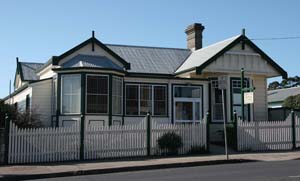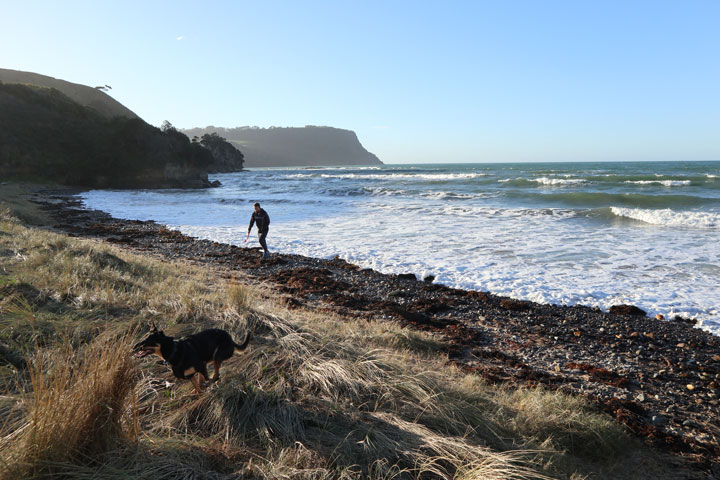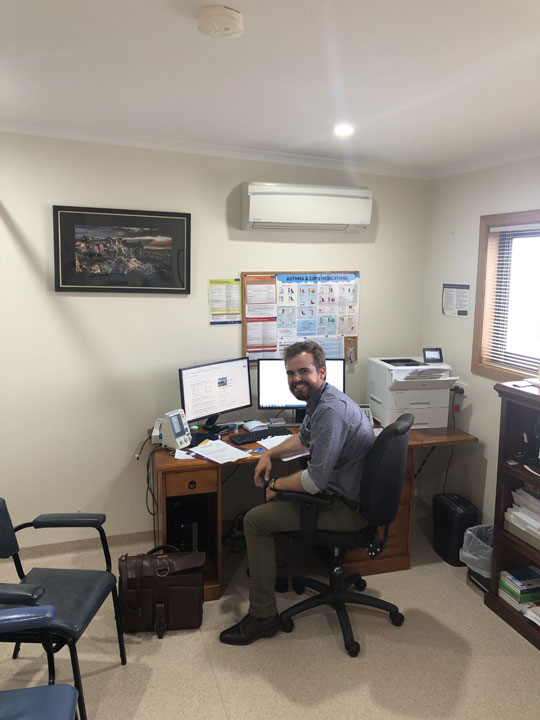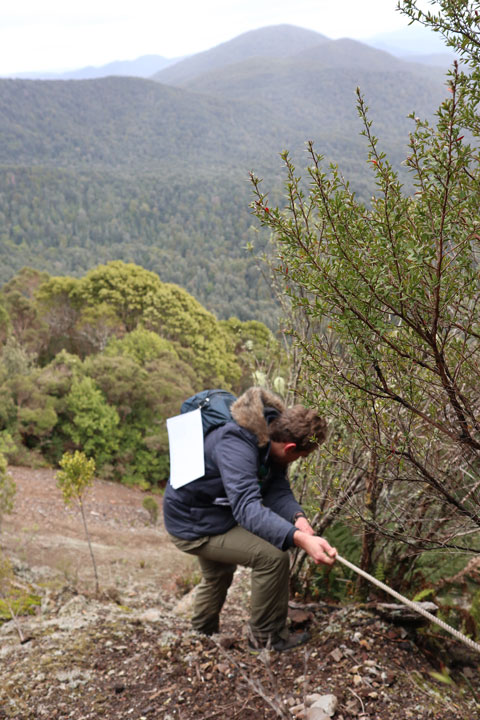
As a city boy, Dr Aaron Hawkins didn’t imagine he’d one day be practicing rural medicine in North West Tasmania. But, after living in Sydney and Brisbane, studying at the University of Queensland and practising at Logan Hospital, he took a leap of faith for a change of scenery, cooler weather and to experience living in a smaller town with a quieter pace. As Aaron now knows, Smithton in North West Tasmania might be peaceful, but life as a rural generalist is an adventure.
What made you want to pursue a career as a rural GP?
The main reason is really the breadth of practice I get to experience. I’m really looking forward to being able to work in a general practice, an emergency department, and in an inpatient medical ward, all in the one day! I always imagined myself in general practice in some capacity and working rurally opens up the opportunity to expand my training and scope of practice. I'm planning to do my ACRRM Advanced Skills year in mental health, which will hopefully give me the opportunity to bring some much-needed mental health access to remote communities.

Why did you choose to train with ACRRM?
Rural general practice really is the best specialty. I love that I’m able to experience such a wide variety of scenarios and patient presentations, while still focusing on my special interest of mental health.
I chose ACRRM because the training program really targets this - the opportunity for advanced skills training is a great way to formalise ‘special interest’ extra training. ACRRM training also targets at the kind of job I see myself in - an integrated rural general practice with hospital experience.

What does your week as a rural generalist look like?
The great thing about rural generalist training is I get a little bit of everything in one week. The morning starts with an inpatient ward round. I might be managing a young patient with alcohol withdrawal, an elderly patient with a new diagnosis of lung cancer or a teenager with severe cellulitis. After the round, I'll start consulting at the general practice down the road, seeing everything from childhood asthma to new diagnoses of ankylosing spondylitis.
On my on-call days, I need to carry the emergency phone for the hospital department too. These call can range from patients we can treatat our small rural centre, to patients needing urgent retrieval. We get large truck rollovers, massive strokes, STEMIs and everything else arriving at our two-bed emergency department. These patients then need to be stabilised as much as possible and then transported to our nearest main hospital (which for us is either Burnie or Launceston). We do get the occasional birth here as well. Although we try to get expectant mothers to Burnie for their delivery, we aren't always quick enough, so we need to be prepared for this too.

Do you have any career highlights so far?
So far, my career highlight was not actually even at work. At the end of last year I had just travelled to Melbourne for the ACRRM Rural Emergency Skills Training (REST) course, and from there I was traveling to Dubai for a three-week holiday. On the plane, just before take-off, an elderly man collapsed in a VF cardiac arrest. I was the only doctor present at the scene, and with the assistance of a flight attendant and an untrained member of the public we ran CPR for 25 minutes until we could get the ambulance to the plane that was out on the runway. I couldn't have been better prepared for such a situation thanks to the REST course and felt much more comfortable than I expected to be in that type of situation.
What do you hope to do in the future??
After training, I'm hoping to use my mental health skills wherever they are needed, whether that is in my own remote community (wherever that ends up being) or whether I look for opportunities with the Royal Flying Doctors Service (RFDS) or something similar. At the same time, I'll be seeing all different types of patients as well, ideally time at a local hospital and in an accident and emergency department.

